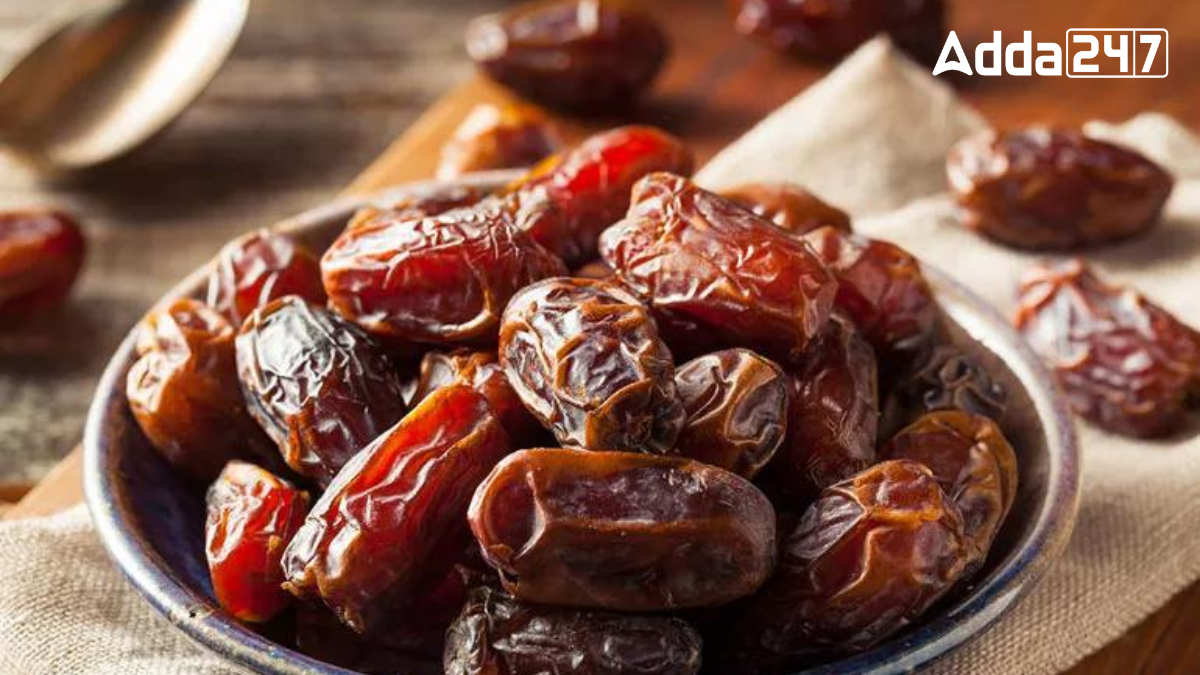Dates, the sweet and nutritious fruit of the date palm tree, are a staple in many cultures, particularly in the Middle East and North Africa. These regions’ arid climates provide the ideal conditions for date cultivation. Among these, Egypt stands out as the world’s top date producer. This article delves into the significance of dates, Egypt’s dominance in the industry, and the broader implications for the global market.
Global Production of Dates
Global date production reached approximately 9.75 million metric tons, slightly down from 9.87 million metric tons in 2021. Despite this decline, the date industry remains strong, with Egypt as the leading producer, contributing significantly to the global supply. This modest decrease highlights the dynamic nature of agricultural production and the ongoing importance of dates in the global market.
Most Dates Producing Country in the World
Egypt is the world’s leading producer of dates, generating approximately 1,084,529 metric tons annually. This impressive output represents over 17% of global date production. The country’s significant cultivation efforts, with around 15,582,000 date palm trees, have solidified its top position. Despite this massive production, Egypt exports only a small portion, with a total export value of around $41.8 million.
Types of Egyptian Dates
- Hayani Dates: Hayani dates are known for their soft texture, sweetness, and substantial meatiness. They are typically dark brown to black in color. This variety is one of Egypt’s most commercially significant dates. Characterized by their elongated shape, Hayani dates are primarily consumed fresh, highlighting their juicy and tender qualities.
- Zaghloul Dates: Zaghloul dates, also referred to as red dates, are a unique and uncommon variety, making them less readily available. These dates have a high moisture content and are enjoyed fresh. Their rarity and distinct characteristics set them apart in the diverse world of dates.
Key Factors Contributing to Egypt’s Dominance
Here are some key factors which contribute to the production of dates in Egypt:
- Ideal Climate: Dates thrive in hot and arid climates, and Egypt’s desert environment provides the perfect conditions for date palms to flourish. The long, hot summers and minimal rainfall create an optimal setting for date cultivation.
- Fertile Soil: The Nile Delta and the Nile Valley regions offer fertile soil rich in nutrients, which is essential for the healthy growth of date palms. The river’s annual flooding deposits nutrient-rich silt, enhancing soil fertility.
- Traditional Knowledge: Date farming in Egypt dates back to ancient times. Over the centuries, farmers have developed extensive knowledge and expertise in cultivating and harvesting dates. This traditional know-how, combined with modern agricultural techniques, has boosted productivity and quality.
- Diverse Varieties: Egypt produces a wide range of date varieties, each with its unique flavor, texture, and culinary uses. Some of the most popular varieties include Zaghloul, Samany, and Siwi. This diversity caters to different markets and preferences, both domestically and internationally.
Economic and Social Impact
The date industry significantly contributes to Egypt’s economy. It provides employment for thousands of farmers, laborers, and workers involved in processing, packaging, and exporting dates. The revenue generated from date exports also supports rural development and infrastructure improvements in date-producing regions.




 Which is the Highest Mountain of Austral...
Which is the Highest Mountain of Austral...
 Which Country is known as the Land of Mo...
Which Country is known as the Land of Mo...
 Which Languages is known as the Mother o...
Which Languages is known as the Mother o...








